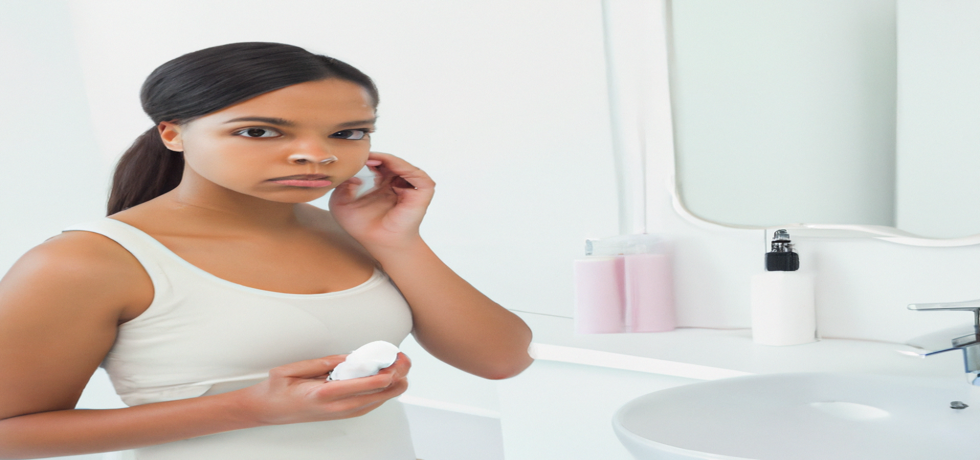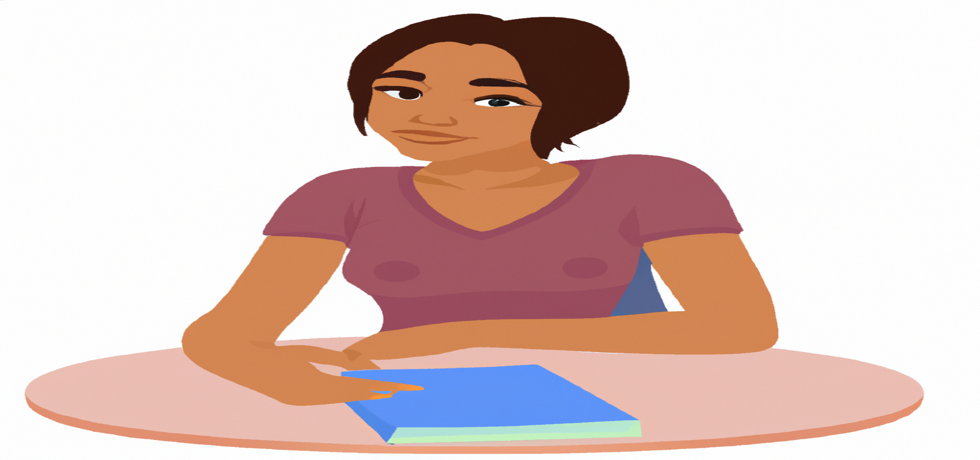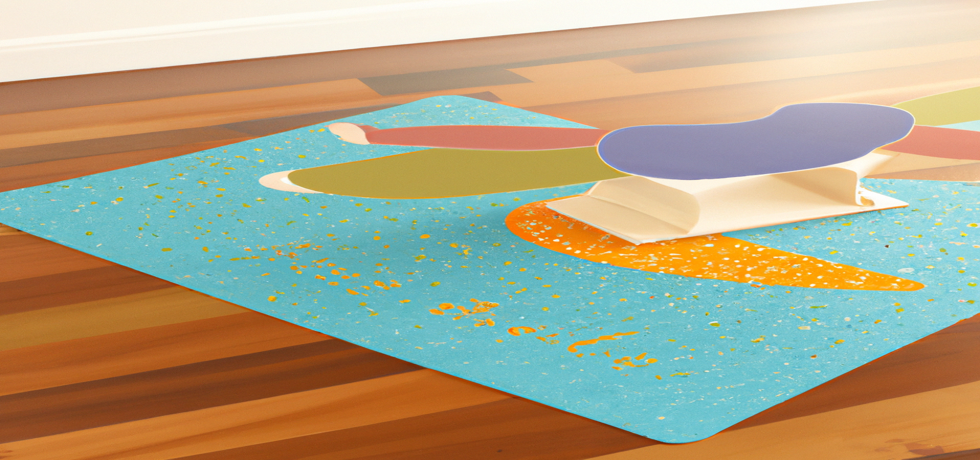Allergy-Friendly Skincare Routine for Radiant Skin Understanding Allergy-Friendly Skincare If you have sensitive skin or suffer from allergies, selecting the right skincare products can feel overwhelming. However, creating an allergy-friendly skincare routine doesnt have to be complicated. The goal is to choose gentle, effective products that nourish your skin and enhance its natural radiance. This …
Continue reading “Allergy-Friendly Skincare Routine for Radiant Skin”











